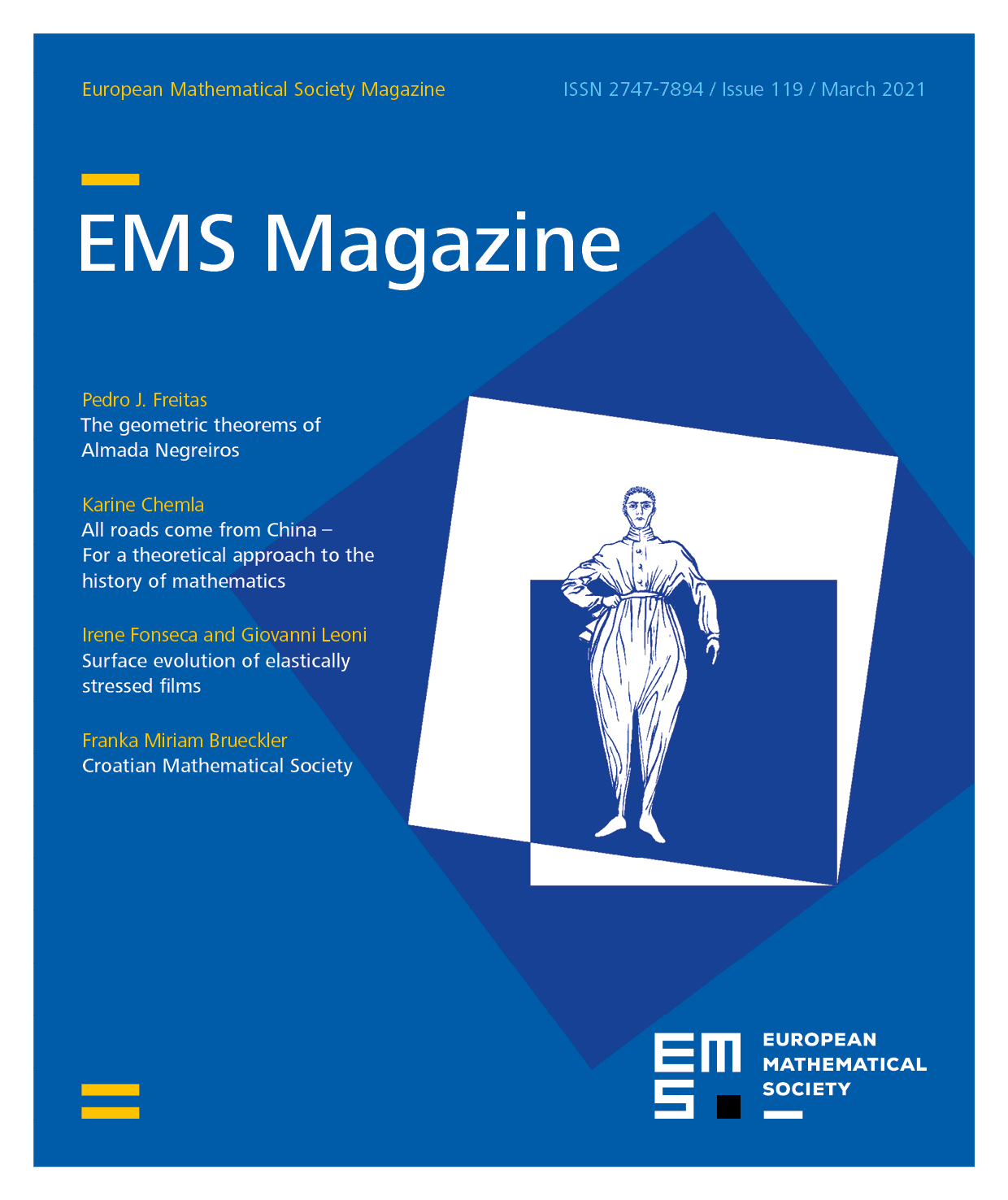Mathematics education in times of the pandemic
All over the world, schooling is currently hindered by the second lockdowns enforced by the pandemic. Teachers and students have to learn with limited time tables or even completely remotely. This works sufficiently well in regions where digital tools have already been established as a normal medium of learning, but very badly where digital tools are not accessible for all teachers and particularly for all students. Some of these students have submerged completely, others are reached only by teachers who cycle around the towns and bring worksheets to everybody personally. Can you imagine communicating about mathematics only on WhatsApp? Can you imagine students sitting at home and filling out worksheets without any oral communication? We can perhaps imagine exercising some procedural skills this way, but surely not developing new conceptual understanding.
In these times, parents and students in many countries become aware of the important advantages of reliable formal education in schools, even for mathematics education. In these times, we also become aware that access to formal education is a privilege that is available to some students much more than to others. Even in privileged countries such as most countries in Europe, the school system is currently not able to ensure fully equal access to mathematics for all students. What a failure of the school system! Some countries have decided to avoid closures in the second waves, while others closed down again.
Once the lockdowns are over (while writing this column in January, I still hope this will be the case by the end of March), we will be able to return to normal schooling. Then we will be able to see how the lockdown has impacted students’ mathematical abilities and mathematical understanding. We will need to develop creative ideas for programs compensating for the lost time. We will need to develop programs to support teachers and school administrators in implementing these compensation programs, in order to avoid creating a lost generations, in particular from among the most vulnerable students. Can we, the university mathematicians and university mathematics education researchers, contribute to this process? Let us start discussing this!
ICME 14 in Shanghai planned as hybrid conference in July 2021
Usually, mathematics education researchers from all over the world meet every four years for their International Congress on Mathematics Education (ICME). The congress in Shanghai that was originally planned for July 2020 was postponed to July 11 to 18, 2021. It is now planned as a hybrid conference, since many researchers expect difficulties with international travel in Summer 2021.
A hybrid conference poses many challenges. How does one deal with the time shifts in different time zones of the world? How does one include people in the conference site as well as people on the screens?
The main strategy for dealing with the time zones is to fix a core-time that is feasible for nearly all countries in the world. This has been fixed as 19:30–21:30 Shanghai time. During this core time-period, interactive formats are scheduled, such as Topic Study groups. Plenary and invited lectures, on the other hand, will be scheduled outside the core time, and potentially video-recorded. Only those formats which require the most intense interaction (e.g., the Early Career Researchers Day and the poster presentation) will be reserved for the “physical participants”, i.e., those who can physically be in Shanghai. In this way, we hope to include as many people as possible in the conference, in spite of the potential travel limitations.
In order to find space to talk about the consequences of the pandemic on mathematics education, an additional panel is planned with this specific focus.
The registration will be open till June 20th, 2021. The registration fee for the online participation will only be RMB 2000 (and RMB 3500 for the physical participants) if early payment is made before March, 31, 2021.
More information on ICME 13 in Shanghai can be found at www.icme14.org.
Cite this article
Susanne Prediger, ICMI column. Eur. Math. Soc. Mag. 119 (2021), p. 46
DOI 10.4171/MAG/9